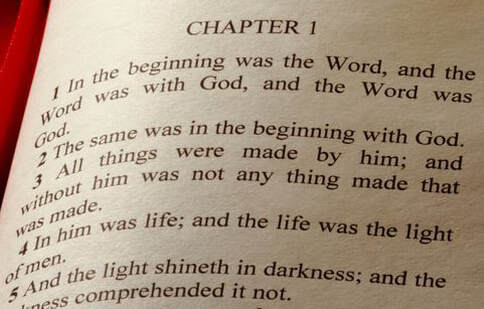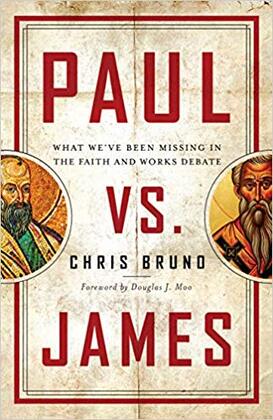
THE CITY ON A HILL:
LESSONS FROM THE PARABLES OF JESUS
By R. Herbert. Second edition, revised and expanded, Living Belief Books, 2019. ISBN 978-1-942573-62-3
This new edition of one of our popular e-books has been revised to make its information more accessible. It also includes new material and a new appendix on the parables of the Old Testament. The City on a Hill: Lessons from the Parables of Jesus is a practical but carefully researched commentary on all of the parables found in the Four Gospels. Use it as a study aid or reference, to prepare lessons or sermons, or simply enjoy it as a profitable Christian read!
Like all our e-books, The City on a Hill is free and free from advertising. It is available in multiple formats for reading on any computer, e-book reader or smart phone. You do not need to register or provide an email address to get a copy – simply click on the link on the download page here.





 RSS Feed
RSS Feed
